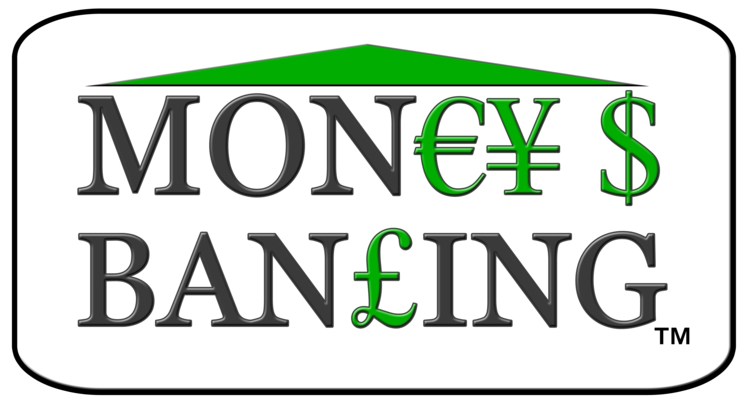Economists have debated the relationship between inflation and unemployment at least since A.W. Phillips’s study of U.K. data from 1861 to 1957 was published 60 years ago. The idea that a tight or slack labor market should result in faster or slower wage gains seems like a natural corollary to standard economic thinking about how prices respond to deviations of demand from supply. But, over the years, disputes about this Phillips curve relationship have been and remain fierce.
As the U.S. labor market tightens, and unemployment approaches levels we have not seen in more than 15 years, the question is whether inflation is going to make a comeback. More broadly, how useful is the Phillips curve as a guide for Federal Reserve policymakers who wish to achieve a 2-percent inflation target over the long run?
To anticipate our conclusion, despite evidence of a negative relationship between wage inflation and unemployment, central banks ought not rely on a stable Phillips curve for setting monetary policy.
Read More